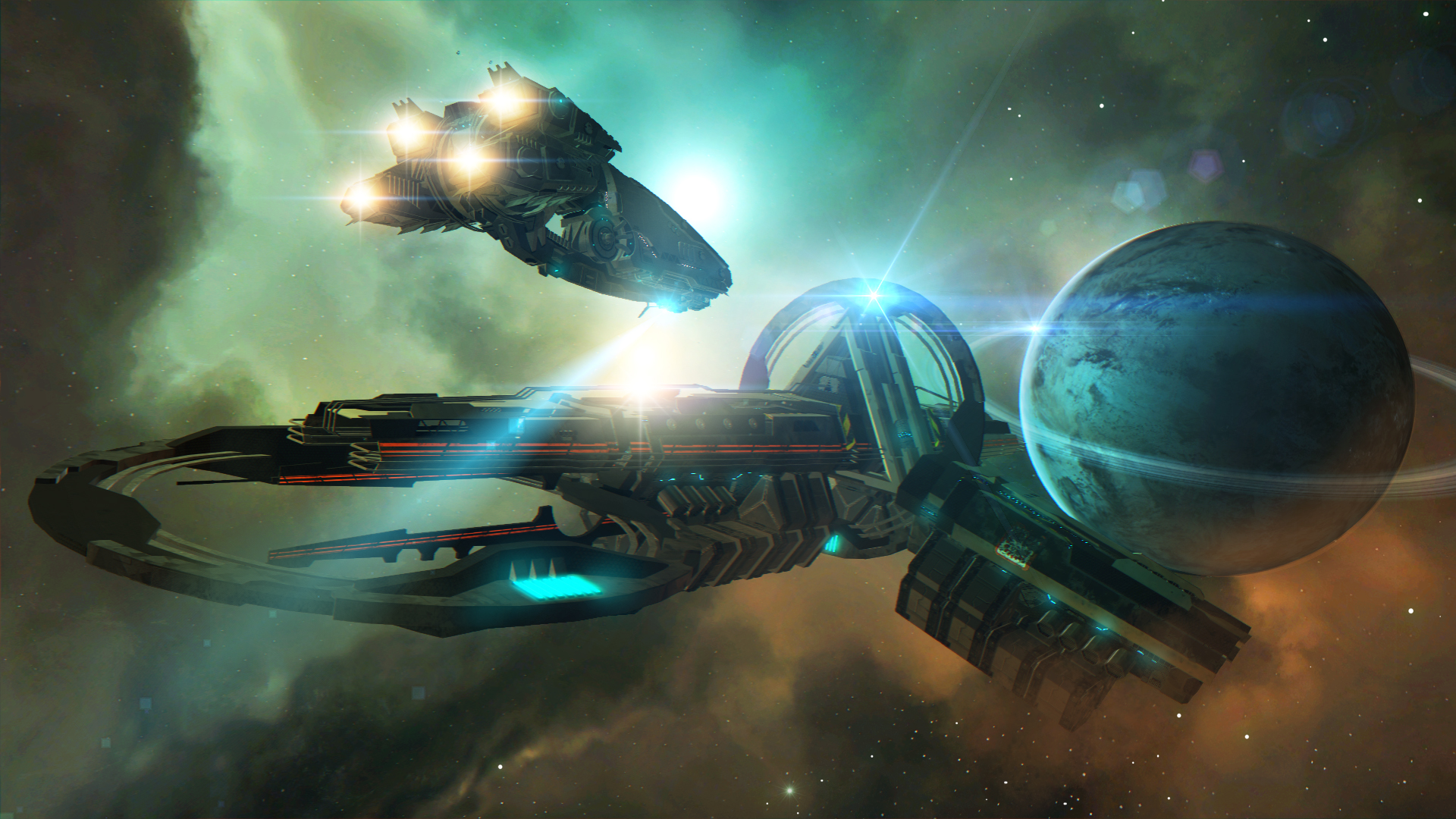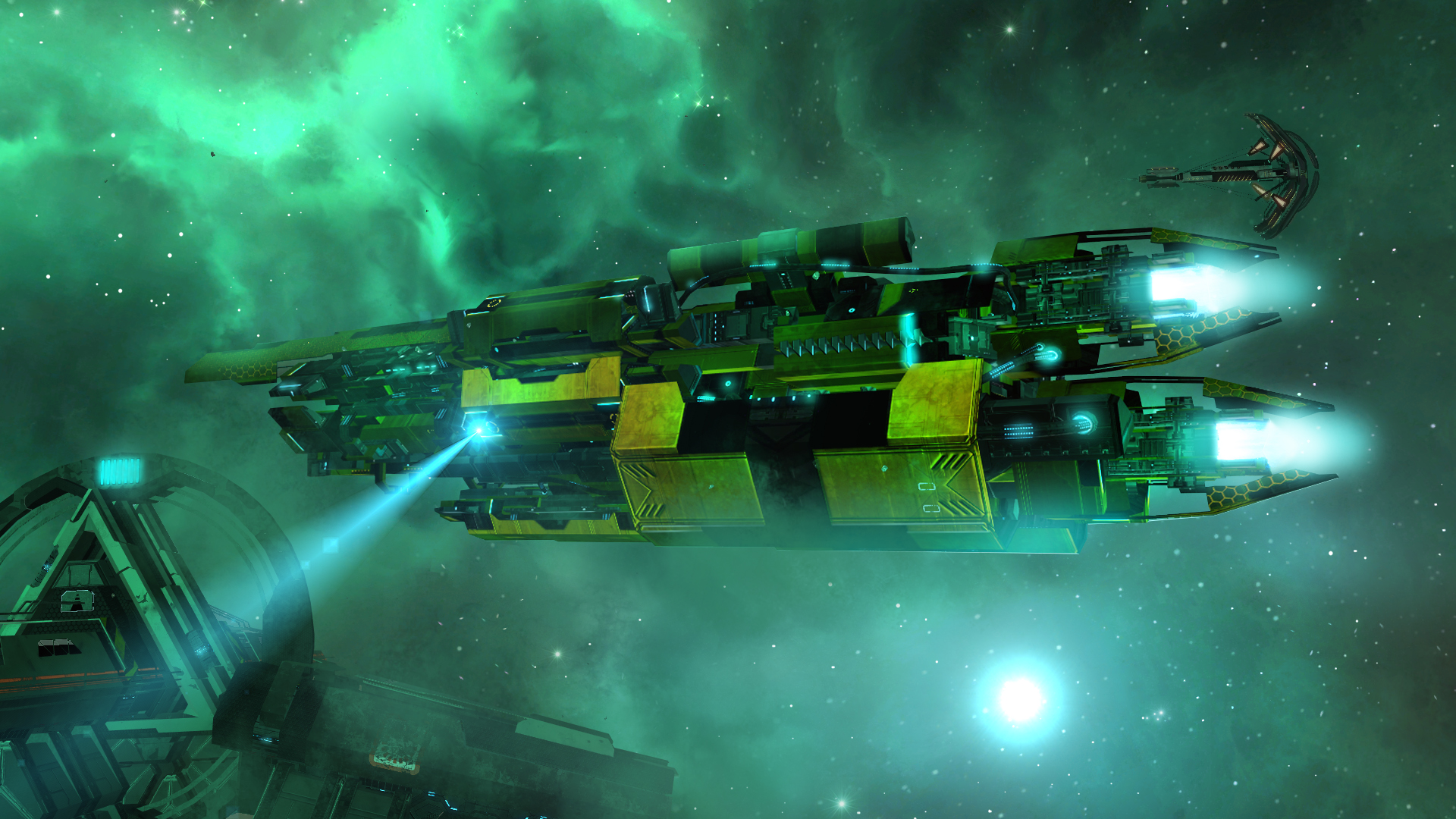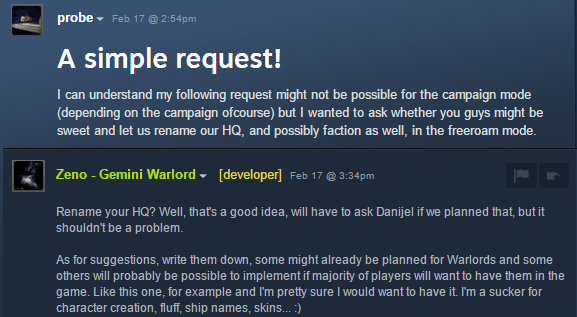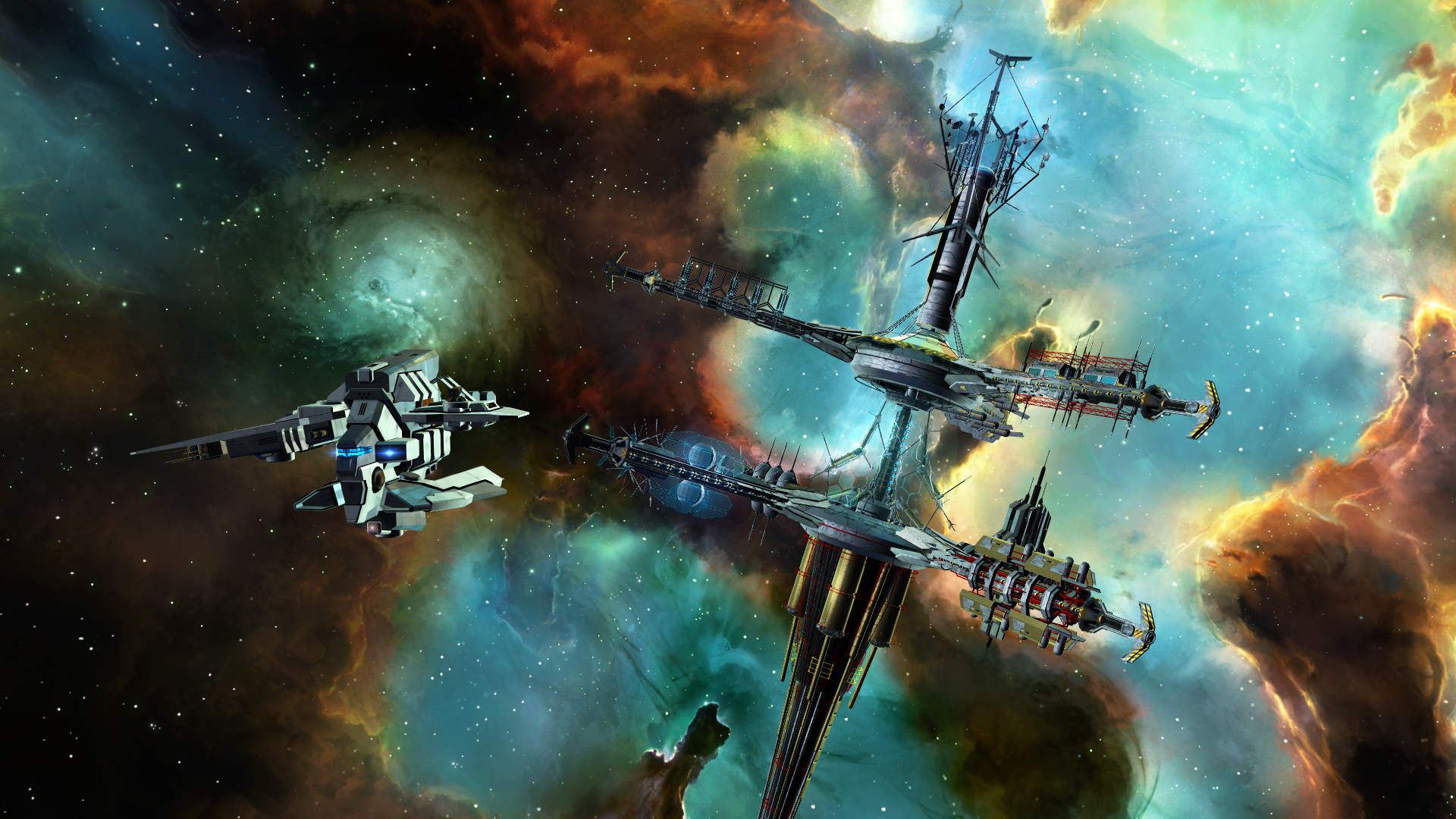How Early Access will shape Starpoint Gemini Warlords

I spent some time at GDC with developer Little Green Men Games, the team behind the upcoming Starpoint Gemini Warlords. While I got a brief look at the next entry in their space RPG series, we spent most of our time talking about Steam Early Access, how it defined Starpoint Gemini 2 (our review is here), and how it will shape Warlords in the coming months.
Zeno Zokalj, Community Manager for LGM, talked about their first experience with Early Access on Starpoint Gemini 2 and how it changed the course of development in unexpected ways. "Our original plan was to be three months in Early Access," he said. "The end-game was, we were in Early Access for over a year, and the first version in Early Access and the final product were like two different games. It looked similar, but it completely worked differently. We changed more than fifty percent of all features due to the community's suggestions and ideas. And [Warlords] is basically the continuation of that."
Mario Mihokovic, CEO of LGM, explained how their small development team quickly realized their loyal community was full of ideas. "25 people don't have as many ideas as 200,000 thousand people," he said. "And they're all old-school space gamers just like us. We all grew up on Wing Commander, the original Elite, and stuff like that, so basically we have a community of people who share our love for space games, and we can talk to them and get fantastic feedback."

Community ideas that were implemented in SPG 2 included being able to keep their smaller ships even when unlocking newer and bigger ones. Said Mihokovic: "The initial idea was you have a ship, and when buying a bigger ship, you replace your ship with a bigger ship. They asked us, 'A bigger ship is better for some things, but a smaller ship is better for some of the missions. Why can't I store ships that I had, an have all of them later?' So we added a garage, so you can store all the ships you had, at least one of each class."
Making things easier for everyone was the attitude and behavior of their fans. "Our community base is mature players," said Zokalj. "We didn't know that at the beginning, we noticed that during the communication that there was... no kind of raging in the forums. They were very polite and every suggestion was very complete and very [well] elaborated. We noticed it's not typical communication. Later we found out when we got the statistics from Steam that the average player was almost 40 years old and played all the previous games."
It would not be possible without the community. It's their idea.
I didn't just take their word for it. I've spent some time since our meeting looking through the forums myself, and it does seem to be passionate and thoughtful community, both full of ideas and the ability to express them. The developers are quick to jump into suggestion threads and join the discussion. When they like an idea, they're quick to say so, and perhaps more importantly, when a suggestion isn't workable they're upfront about it. Responding to a question about whether players will be able to freely design their own ships rather than unlocking upgrades through tech research, LGM Lead Scripter and Designer Danijel Mihokovic admits they won't be able to implement something that free-form.
"Designing ships from parts, I'm afraid is out of our league for now," he posted. "And I'm emphasizing the for now because it's definitely something I see us implementing in a future title."
Keep up to date with the most important stories and the best deals, as picked by the PC Gamer team.
"Sorry to disappoint, but that's the situation," he added.

This community-based development philosophy extends all the way to the title of the game. LGM didn't want to call it Starpoint Gemini 3, simply because so much of it comes from the ideas and suggestions of the community. "This game is everything that the community asked us to do and we were not able to implement in SPG 2 because of changing game mechanics or [having to] break the whole game down, and it was impossible at the time," said Zokalj. "So we decided to make a project that will be everything they want it to be. It would not be possible without the community. It's their idea."
As for Warlords itself, we discussed some of the features, like the layer of strategy that will allow players to conquer territory and exploit the resources in the zones they capture, like asteroid belts for mining and planets for producing materials. Branching dialogue and bigger capital ships—much bigger—are on the roster as well. "We really wanted to improve on that feeling of scale and huge ships, and it's also something the community wanted," said Zokalj. "They wanted to have a feeling when they upgrade the ship that they're really upgrading something."
Players also wanted a larger universe to explore and a home base they could call their own. They're getting both. "This map will be nine times bigger than SPG 2," said Zokalj. "Which was already pretty big. And this will be nine times bigger, so much to explore. They wanted their own headquarters, their hub."

He showed me a progression of the player base, how it expanded via modules for mining, shipbuilding, and so on, plus a research module to allow players to create their own proprietary technology which will allow them to rely less on other factions. The sandbox nature of the game means you can also choose not to build a base at all, though Mihokovic warns: "The game would be very hard without it."
Starpoint Gemini Warlords will arrive in Steam Early Access in April, and LGM is expecting to spend around 8-10 months there, perhaps longer. They also expect the finished version, as with Starpoint Gemini 2, will be very different than the alpha. "We are intentionally going to release alpha again, because we want to keep the game as unfinished as possible so that it's easier to add their ideas in the game. And if we released an almost complete game it would be much harder to implement any of what they say."
When Warlords will leave Early Access is harder to predict. The game will be released, Zokalj said, "When the community says its ready."

Chris started playing PC games in the 1980s, started writing about them in the early 2000s, and (finally) started getting paid to write about them in the late 2000s. Following a few years as a regular freelancer, PC Gamer hired him in 2014, probably so he'd stop emailing them asking for more work. Chris has a love-hate relationship with survival games and an unhealthy fascination with the inner lives of NPCs. He's also a fan of offbeat simulation games, mods, and ignoring storylines in RPGs so he can make up his own.

